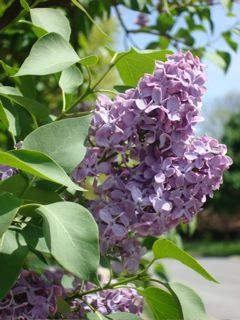
I’m convinced that midlife is one of the most stressful times we will ever navigate. I hear it from my friends, see it on their facebook posts, and watch it happening around me. Not only do we have our own changing issues to deal with, but also some of us have children still at home or we are adjusting to an empty house if they have flown the coup. Many of us have aging parents, which more often than not require more of our time and can be emotionally draining as well. It can easily become overwhelming, even for the alphas among us.
There was a morning this week when I was feeling the pressure more than usual. I felt like there was no end in sight for the enormity of everything for which I am expected to have the solution. I carried my mug of coffee to the end of my driveway, clad in what are admittedly ugly pajamas and well-worn slippers. My hair looked like I had been through a wind tunnel, and the circles under my eyes and puffiness of my face gave away the fact that I had not slept very well. When I bent to get the paper off of the sidewalk my back screamed in protest. The cherry on the sundae was that the paper was wet from an early morning shower. As I shuffled back to the house, a sudden breeze carried an unmistakable smell to my sniffling nose. It was the smell of lilacs. The bush at the side of my driveway had begun to bloom, and the buds were starting to open and release their scent.
There is nothing that smells like spring more than lilacs. I noticed that this bush, which I had planted the summer after my husband’s stroke, was now tall and full after having grown for more than 15 years. I planted it and many other flowers, shrubs and trees that summer. Digging in the dirt was a way for me to feel connected; it’s easy to take on that unmoored feeling when we’ve suddenly been thrust into the role of caregiver. Now this gorgeous flowering bush was grounding me again. I breathed in the scent and started to cry. What a release it was to smell something so wonderful and to have that little moment of beauty. The ocean is still my ultimate soul soother, but the nearest beach is a 4-hour drive from me. No matter where we live, there are sights that can sooth us and recharge us. Maybe that old saying about not being able to see the forest for the trees, or the one about taking time to stop and smell the roses, actually does have a valuable message for us. If we just stop and take time to look, there are things all around us that can give us a moment of peace. They may not be the dream vacation that we need, but even small moments of calm can see us through till the seas are a bit less rough and the navigation is not so challenging. We cannot control the direction of the wind, but we CAN adjust our sails.



